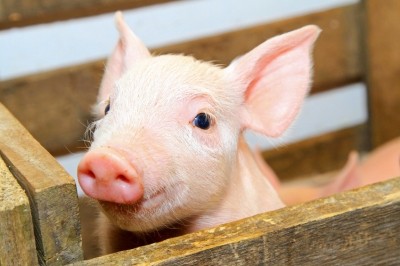Trial casts doubt on efficacy of DSM enzyme for layers: EFSA

The additive in question, Ronozyme WX, is a preparation of endo-1,4-β-xylanase, produced by a genetically modified strain of Aspergillus oryzae (DSM 10287); it is authorised in the EU as a feed additive for poultry for fattening, weaned piglets and pigs for fattening.
The European Food Safety Authority (EFSA) already delivered an opinion on the safety and efficacy of the enzymes when used as a feed additive for poultry, weaned piglets and pigs for fattening (EFSA FEEDAP Panel, 2012a).
DSM then requested an extension of use of the additive to laying hens at a dose of 100 FXU/kg feed.
Submitted data
In order to support the efficacy of the additive in laying hens, the company submitted three long-term trials. In all three trials, the FEEDAP panel found that the groups receiving the xylanase at the recommended dose showed a lower feed intake and a better feed to egg mass ratio.
However, it said that in one of the three trials, these reductions were seen concurrently with a decrease in the laying rate.
“This result casts doubts on the efficacy of the additive, and therefore, the Panel considered that there was not sufficient evidence to conclude on the efficacy of the product.”
The panel concluded, though, that the additive was safe for laying hens at the recommended dose of 100 FXU/kg feed.
The full opinion can be read here.
Benzoic acid opinion
The FEEDAP panel also concluded on an application from DSM Poland in relation to benzoic acid product, VevoVitall, and its efficacy and safety as a feed additive for minor porcine species such as wild boars, when used as zootechnical additive at a maximum level of 5,000 mg/kg complete feed.
The panel found the additive has the potential to decrease the urinary pH in minor porcine species at the dose of 5,000 mg/kg complete feed, and that it is safe as supplement for the target species at the same dosage level.
However, the panel reiterated its view, already stated in its previous opinions on the product, that an effect on urinary pH alone is of little practical or biological relevance unless it is shown to be linked to a clear beneficial effect on animal production, performance, welfare or on the environmental consequences of animal production.
The product is already authorized in the EU as a zootechnical additive for weaned piglets at the maximum content of 5,000 mg/kg complete feed, and for pigs for fattening and sows at maximum content of 10,000 mg/kg complete feed.








